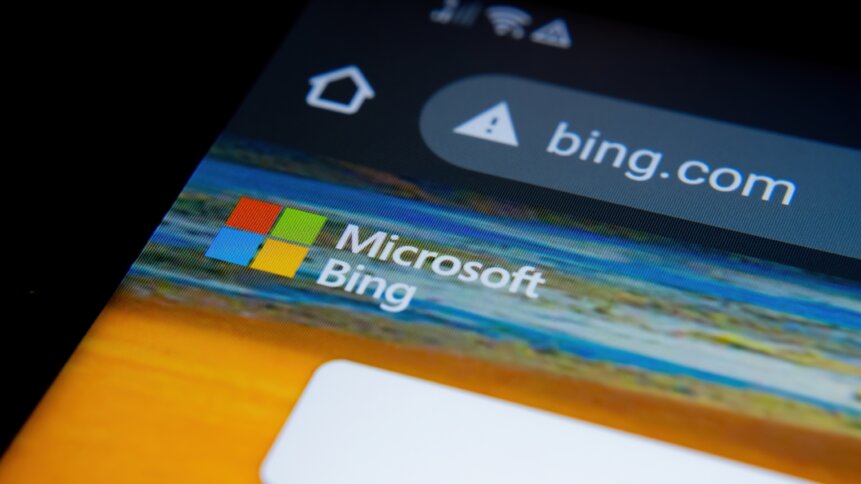Microsoft threatens to “cut off” rival AI search tools from its Bing search index

For over four years, Microsoft Corp has open-sourced an algorithm called Space Partition Tree And Graph (SPTAG) to make its Bing search engine quickly return search results. The algorithm allows users to use the intelligence from deep learning models to search through billions of pieces of information, called vectors, in milliseconds.
READ NEXT

ChatGPT: drive me home!
Since then, browsers like Yahoo, DuckDuckGo, You.com, and Neeva Inc have used that open-source software to power search results.
This year, Microsoft has been on a roll in its pursuit of ChatGPT, a sensational AI chatbot by OpenAI. The software maker has been incorporating ChatGPT and OpenAI’s powerful AI model, GPT-4, into its products and services, including Bing.
Microsoft’s plunge into OpenAI technology has inevitably pushed rivals to do the same at a rate never seen before within the technology industry. Even Alphabet Inc.’s Google publicly released Bard, its conversational AI product, soon after Microsoft revealed that Bing was using GPT-4, OpenAI’s latest language model.
But that’s not all. DuckDuckGo, a search engine that emphasizes privacy, also recently introduced a feature that uses AI to summarize answers to search queries called DuckAssist. Launched at the beginning of this month, the tool is free and available on the DuckDuckGo web browsing apps for phones and computers, and the company’s browser extension.
That’s not all. Even You.com and Neeva Inc. — two newer search engines that debuted in 2021 — have launched AI-fueled search services, YouChat and NeevaAI. Both browsers, like DuckDuckGo, use Microsoft’s open-source software to power their search results.
Microsoft on Bing data and rival AI chatbots
DuckDuckGo, You.com, and Neeva’s regular search engines are licensed to use Bing’s index to provide specific search results, saving time and resources that would have been used to crawl the entire web. On the other hand, Microsoft recently integrated ChatGPT into Bing, making it capable of answering various questions, creating summaries, generating code, writing social media posts, and more.
YOU MIGHT LIKE

Building context-based truth models for ChatGPT
DuckAssist, YouAI, and NeevaAI aim to combine ChatGPT’s conversational skills with Bing, a conventional search engine information. However, Microsoft believes that using Bing’s data for similar AI chatbot products violates its licensee contract.
Therefore Microsoft has threatened to disconnect access to data from Bing for search engines if they don’t stop utilizing it for their AI chatbot products.
According to a Bloomberg report, Microsoft has told at least two customers that using its Bing search index to feed their AI chat tools violates the terms of their contract. Quoting a person who spoke anonymously because they were discussing a confidential dispute, Bloomberg says Microsoft may go as far as terminating the licenses providing access to its search index.
“We’ve been in touch with partners who are out of compliance as we continue to enforce our terms across the board consistently,” Microsoft responded in a statement. The software maker said it will “continue to work with them directly and provide any information needed to find a path forward.”
Simply put, if they were cut off from Microsoft’s index, smaller search engines would have to find an alternative – which would be a challenge. So far, Microsoft and Google are the only two companies that index the entire web, but Google’s limitations on its index have led nearly all other search engines to use Bing.








